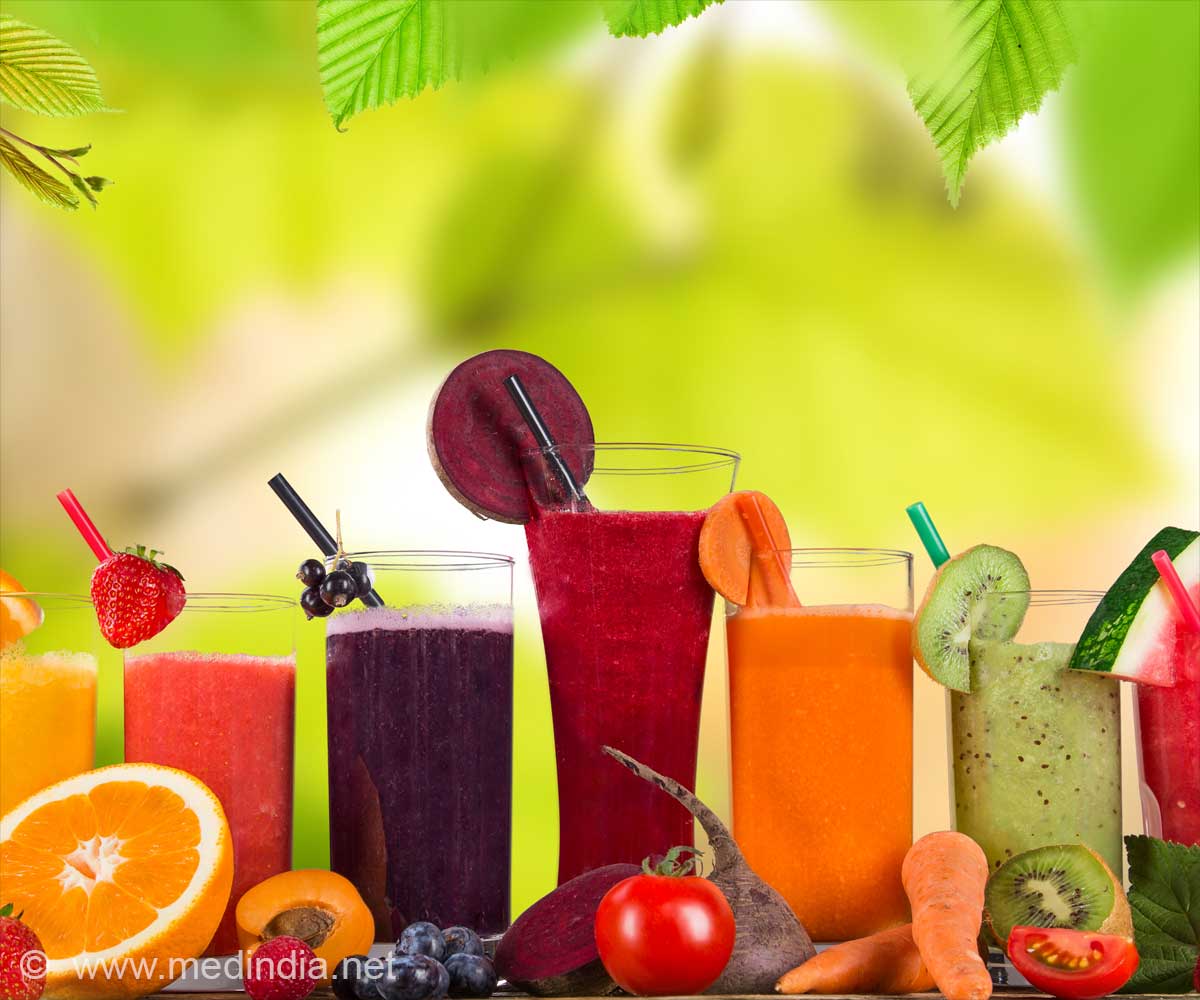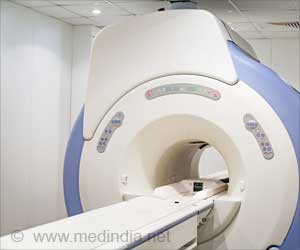Soda and fruit juice can increase stroke risk, with fruit juices raising it by 22%. Choosing water over these sugary drinks is crucial for better health.

- Fruit juices raise stroke risk by 22%
- Women are at a higher risk of getting a stroke than men
- Avoiding sugary beverages and drinking more water lowers stroke risk
Soda is a carbonated beverage with high levels of sugar or artificial sweeteners. It is a refreshing, yet life-threatening drink too. It is a potential risk factor for stroke and increases blood pressure and low-density lipoprotein (LDL) cholesterol levels (1✔ ✔Trusted Source
Carbonated Beverage, Fruit Drink, and Water Consumption and Risk of Acute Stroke: the INTERSTROKE Case-Control Study
).
Advertisement
Fruit Juice and Stroke Risk
As an alternative, people have opted for fruit juices as they are healthier than a soda. However, frequent drinking of fruit juice is also associated with an increased risk of stroke.
The research conducted by the University of Galway, McMaster University, Canada, and an international group of stroke experts found that fruit juices are a potential risk factor, increasing stroke risk by 22%. They release sugar instantly which immediately spikes the blood sugar and insulin levels. It can cause inflammation in the blood vessels.
The study was published in the Journal of Stroke. The researchers revealed that drinking fruit juices two or three times a day can significantly increase the risk of getting a stroke. According to scientists, juices are “nothing more than just sugar syrups with no nutritional value”.
Advertisement
Why Fruit Juices and Coffee May Increase Stroke Risk
Drinking juices can raise the chances of getting a stroke by 37% and women are more likely to be at greater risk than men. The study also found that drinking more than four cups of coffee per day is also a potential risk of stroke.
The blood supply to parts of our brain is inhibited and causes damage to the brain cells. It can be an ischemic stroke or intracerebral hemorrhage.
Fruit juices do not contain any fiber. Fiber is an important nutrient that aids digestion, prevents constipation, and regulates bowel movements. Fruit juices with more sugar levels overstimulate the nervous system and create stress in the blood vessels leading to stroke.
Advertisement
Avoid Sugary Drinks to Lower Stroke Risk
“Not all fruit drinks are made with only water and fruit. Freshly squeezed fruit juices are beneficial, but fruit drinks that are concentrated with added sugars and preservatives are harmful. Our research also shows that the chance of stroke increases the more often someone consumes fizzy drinks,” said lead researcher Professor Andrew Smyth, Professor of Clinical Epidemiology at the University of Galway and Consultant Physician at Galway University Hospitals.
Doctors advise drinking more water, at least seven to eight glasses daily can help neutralize sugar consumption and keep us hydrated. “As a doctor and as someone who has researched the risk of stroke, we would encourage people to avoid or minimize their consumption of fizzy and fruit drinks and to consider switching to water instead,” he added.
The study compared the people drinking fruit juice and fizzy drinks. Both drinks were associated with a higher risk of stroke, particularly in regions like Eastern and Central Europe, the Middle East, Africa, and South America.
Reference:
- Carbonated Beverage, Fruit Drink, and Water Consumption and Risk of Acute Stroke: the INTERSTROKE Case-Control Study – (https://www.j-stroke.org/journal/view.php?doi=10.5853/jos.2024.01543)
Source-Medindia



